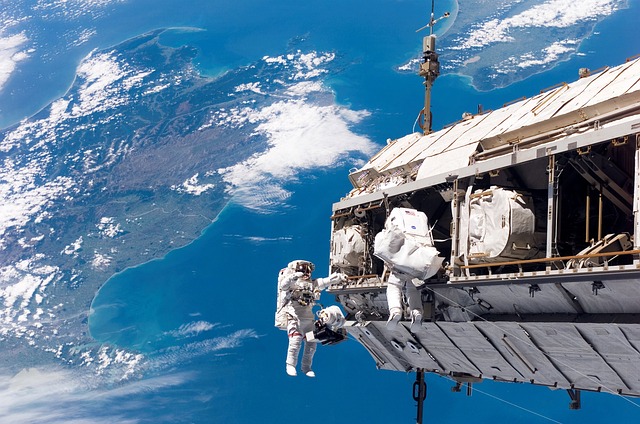Russian space authorities on Wednesday recognized a proceeding with air spill from the Russian portion of the Global Space Station, however said it represents no risk to its group. The Roscosmos state enterprise said that experts were checking the break and the group “routinely leads work to find and fix potential spots of the hole.” “There is no danger to the team or the actual station,” it said in an explanation conveyed by Russian news offices. Roscosmos’ assertion followed remarks by Joel Montalbano, NASA’s station project director, who noted Wednesday that the hole in the Russian fragment has expanded yet stressed that it stays little and represents no danger to the group’s wellbeing or vehicle activities. As the space station is maturing, the group needs to invest more energy to fix and keep up with it, Roscosmos said. Russian space authorities originally detailed a hole in the Zvezda module in August 2020 and soon thereafter Russian group individuals found what they accepted was its source and attempted to fix it. In November 2021, one more possibly flawed spot was tracked down in an alternate piece of the Russian part of the station.

Both Roscosmos and NASA have said the release represented no risk to the team and didn’t affect procedure on the station. There have been different errors as well. In October, coolant spilled from an outer reinforcement radiator for Russia’s new science lab Nauka (Science), despite the fact that its really warm control framework was working regularly and space authorities said the team and the station weren’t at serious risk. That episode followed coolant spills from Russian rocket stopped at the station. In December 2022, coolant spilled from a Soyuz group container moored to the station, and one more comparative hole from an Advancement supply transport was found in February 2023. A Russian examination reasoned that those releases probably came about because of hits by small meteoroids, not assembling defects. The space station, which has filled in as an image of post-Cold Conflict worldwide participation, is currently one of the final areas of collaboration among Russia and the West in the midst of the strains over Moscow’s tactical activity in Ukraine. NASA and its accomplices desire to keep working the circling station until 2030. The station’s ongoing group comprises of NASA space explorers Jasmin Moghbeli and Loral O’Hara, the European Space Organization’s Andreas Mogensen, Russian cosmonauts Konstantin Borisov, Oleg Kononenko and Nikolai Chub and Japanese space explorer Satoshi Furukawa
